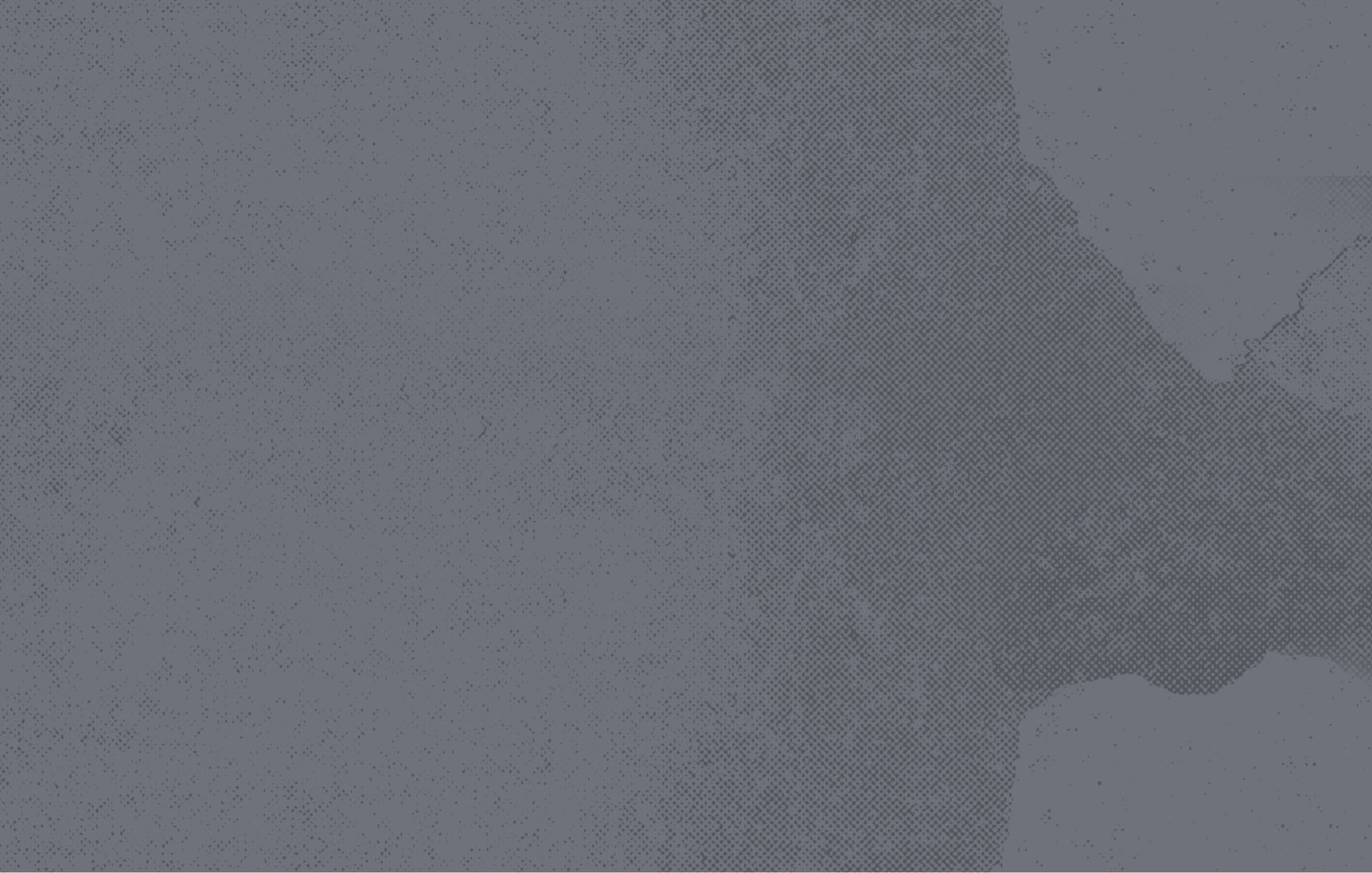
Audiology
Preprofessional Studies
Is audiology calling to you?
Train to become a healthcare professional who specializes in hearing, auditory processing, and balance issues by enrolling in preaudiology studies.

The details
What you need to know.
An audiology career requires the following:
- A doctoral degree in audiology (Au.D.) from a school accredited by the Council on Academic Accreditation in Audiology and Speech-Language Pathology (CAA)
- A license from the state in which you are practicing
Most Au.D. degree programs take an additional four years of education after completing your bachelor’s degree. These programs usually consist of the following:
- Two years focusing on classroom and observational learning
- Two years of additional hands-on experience
- Postgraduate clinical hours
- A national licensing exam.
Workplace Environment
- Healthcare
- Clinics
- Rehabilitation facilities
- Private practices
- Public health
- Consulting
- Research
According the US Bureau of Labor and Statistics, the need for licensed audiologists is continuing to grow and expand each year.
- No specific undergraduate major required
- Bachelor of science in communication sciences and disorders encouraged
- Prerequisite courses required
- Research professional programs offering an Au.D. degree that is accredited by the Council on Academic Accreditation in Audiology and Speech-Language Pathology
Note: Many professional programs also require you to submit scores for the Graduate Record Examination (GRE), so it is important to talk to your advisor about preparing for and practicing to take this exam early in your junior year.
An audiology career requires the following:
- A doctoral degree in audiology (Au.D.) from a school accredited by the Council on Academic Accreditation in Audiology and Speech-Language Pathology (CAA)
- A license from the state in which you are practicing
Most Au.D. degree programs take an additional four years of education after completing your bachelor’s degree. These programs usually consist of the following:
- Two years focusing on classroom and observational learning
- Two years of additional hands-on experience
- Postgraduate clinical hours
- A national licensing exam.
Workplace Environment
- Healthcare
- Clinics
- Rehabilitation facilities
- Private practices
- Public health
- Consulting
- Research
According the US Bureau of Labor and Statistics, the need for licensed audiologists is continuing to grow and expand each year.
- No specific undergraduate major required
- Bachelor of science in communication sciences and disorders encouraged
- Prerequisite courses required
- Research professional programs offering an Au.D. degree that is accredited by the Council on Academic Accreditation in Audiology and Speech-Language Pathology
Note: Many professional programs also require you to submit scores for the Graduate Record Examination (GRE), so it is important to talk to your advisor about preparing for and practicing to take this exam early in your junior year.


Requirements and recommendations
What to expect from your preprofessional studies.
Application to an Au.D. degree program requires courses in biology, physics, chemistry, and mathematics. In addition, it is often required that preaudiology students have hours of experience job shadowing and observing the work of a licensed audiologist prior to beginning a professional program.
A bachelor of science in communication sciences and disorders prepares individuals with the primary requirements, skills, and knowledge needed to advance to an Au.D. degree program.
Contact Us
Have questions?
Contact Marcy Ball, preprofessional advisor for health programs, at [email protected] or 260-481-5735.
